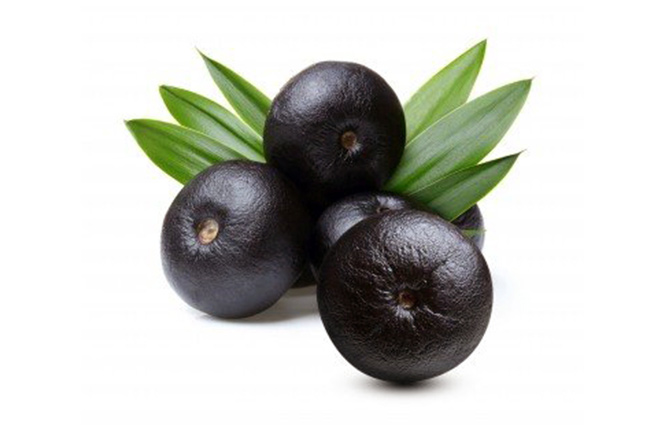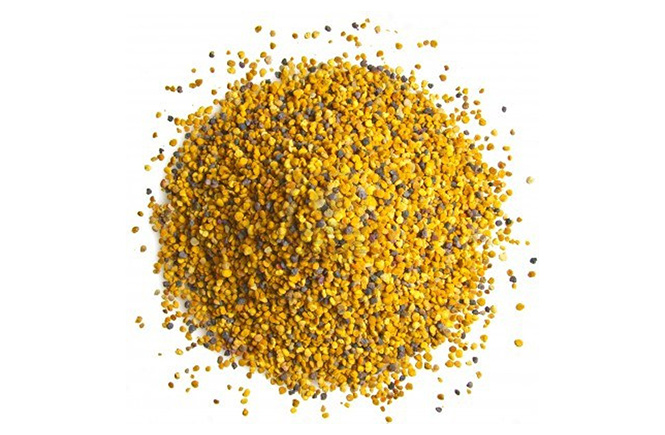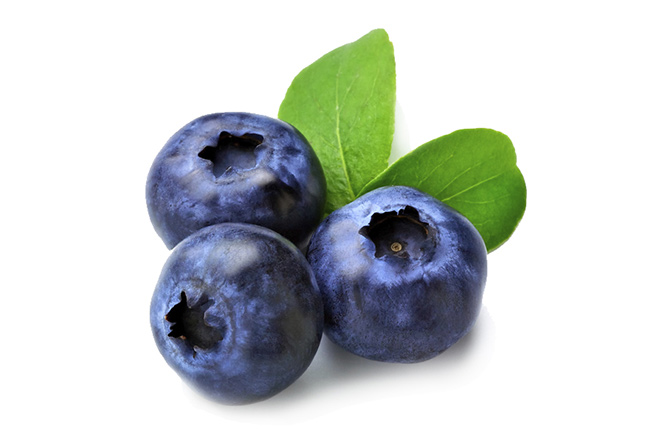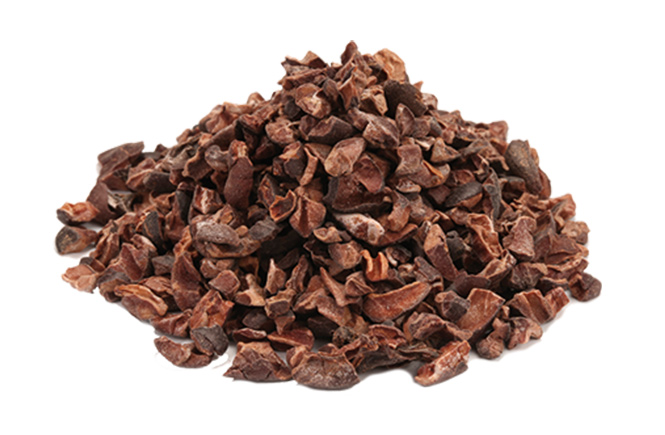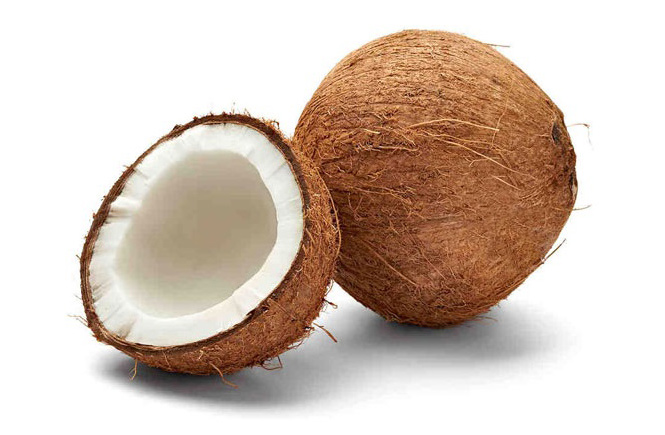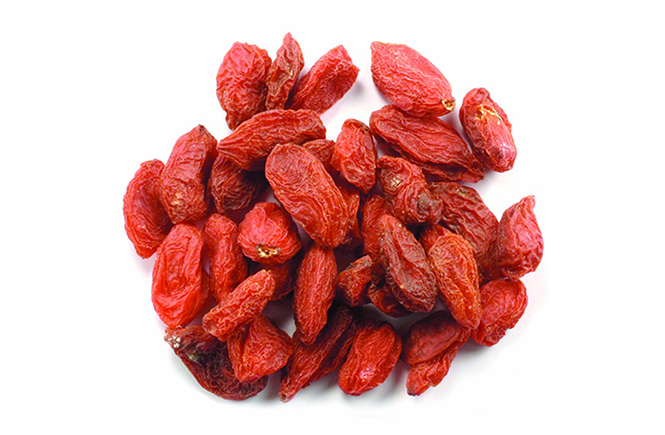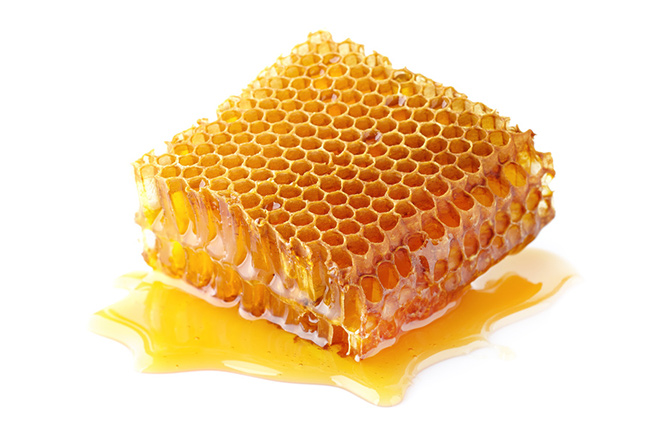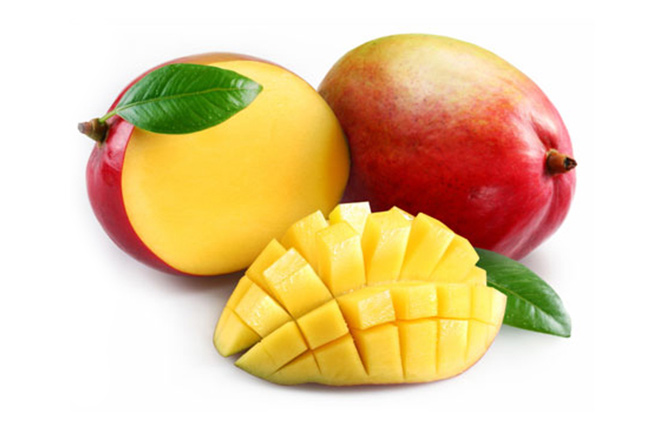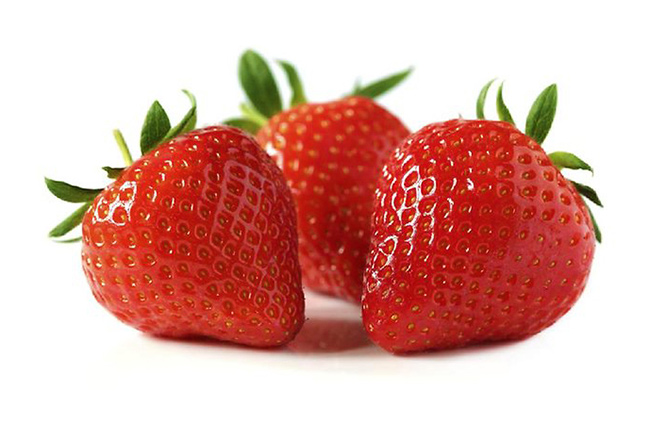Ingredients Strawberries
Strawberries provide an outstanding variety of phytonutrients, including anthocyanins, flavonols, hydroxybenzoic acids, hydroxycinnamic acids, and stilbenes.
Strawberries are an excellent source of antioxidant-promoting vitamin C and manganese. They are also a very good source of blood sugar-regulating dietary fiber and thryoid health-promoting iodine. Plus, strawberries are a good source of heart-healthy potassium, folate, omega-3 fatty acids, magnesium, copper, vitamin B6, and vitamin K, as well as energy-promoting vitamin B2 and vitamin B5.
Health Benefits
Given their unique combination of antioxidant and anti-inflammatory nutrients, it’s not surprising to see strong research support for strawberry health benefits in major areas such as cardiovascular support and improved regulation of blood sugar.
Cardiovascular Benefits
No area of strawberry health benefits is better documented than benefits for the cardiovascular system. It’s also hard to imagine any other research result, since our heart and blood vessels need everyday protection from oxidative and inflammatory damage, and the antioxidant and anti-inflammatory nutrient content of strawberries is simply outstanding. Among all fruits profiled as the World’s Healthiest Foods, strawberries come out as the best fruit source of a pivotal antioxidant vitamin: vitamin C in several nationwide studies conducted in different countries. In one study that surveyed 66 different fruits consumed by adults, strawberries not only emerged as the best fruit source of vitamin C, but a source that provided more than twice as much vitamin C than the average for fruits as a group. After raspberries and grapes, strawberries also rank as the best fruit source of manganese among the World’s Healthiest Foods. Because of its key role as a cofactor for antioxidant enzyme activity by the enzyme superoxide dismutase (SOD), manganese is considered to be a key antioxidant mineral. Yet, strawberries “claim to fame” in the antioxidant department is really reserved for their phytonutrient content. Many of the phytonutrients present in strawberries function not only as antioxidants but also as anti-inflammatory nutrients.
Several research studies have shown that these diverse strawberry phytonutrients actually work together in synergistic fashion to provide their cardiovascular benefits. Decreased oxidation of fats (lipid peroxidation) in the cell membranes of cells that line our blood vessels; decreased levels of circulating fats, including total cholesterol and LDL cholesterol; and decreased activity of angiotensin.
Blood Sugar Benefits
One of the more recent areas of health benefit to be documented in strawberry research is the area of blood sugar benefits. Several recent studies have found regular intake of strawberries to be associated with decreased risk of type 2 diabetes. Because the polyphenols in strawberries play a major role in helping regulate blood sugar response; fewer simple sugars might be released into the blood stream when activity of this enzyme is reduced.
Anti-Aging Benefits
A growing area of health research on strawberries is the area of aging and aging-related events. Some of the impact strawberries have in these aging studies has been attributed to the ability of strawberry phytonutrients to lower the presence of pro-inflammatory messaging molecules like nuclear factor kappa-B.

